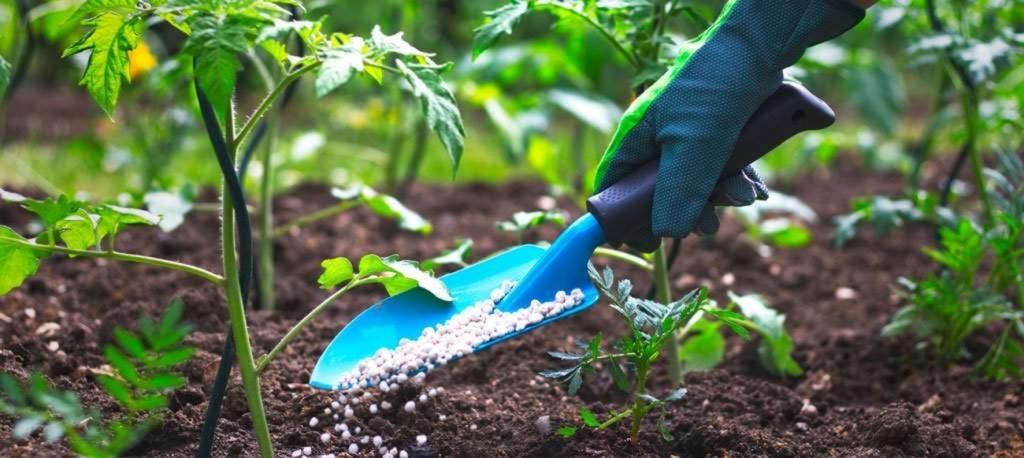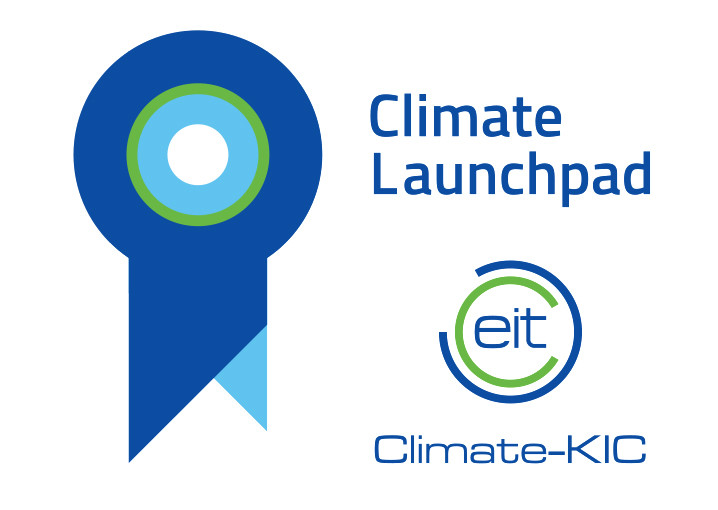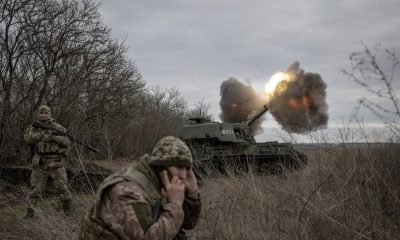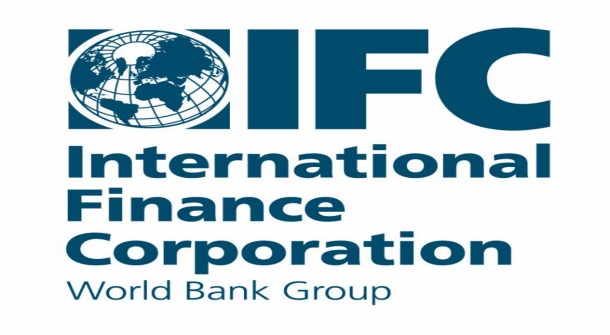General
Nigeria Risks Shortage of Fertilisers as EU Frustrates Supply

By Adedapo Adesanya
Nigeria faces a crippling fertiliser shortage as 34,000 metric tonnes of Russian Fertiliser meant for Nigeria is stuck at ports in the European Union (EU) as a result of continued war in Ukraine.
Russia’s Foreign Minister, Mr Sergey Lavrov, confirmed this development on Saturday at the 78th United Nations General Assembly (UNGA) in New York, noting that 260,000 metric tonnes of Russian fertilisers have been stranded in EU ports since 2022.
According to Russian News Agency, TASS, Mr Lavrov informed reporters that, “We are ready to give these fertilisers to African countries for free. It took six months to deliver the first batch of 20,000 tonnes to Malawi, and another three months to take another 30,000 tonnes to Kenya.”
TASS quoted him as saying that “we also have 34,000 tonnes for Nigeria, but have so far been unable to send it.”
The 34,000 metric tonnes is the equivalent of 34 million kilogrammes or 680,000 units of 50kg bags of fertiliser.
“Since the European Commission is wasting tens of billions of dollars on Ukraine, it can buy the grain that Ukraine wants to sell and EU countries don’t want [to buy] for reasons of competitiveness, and send it to Africa,” he further said.
Russia’s invasion of Ukraine since February 2022 has increased global food prices as well as the prices of commodities such as fertiliser. Russia and Ukraine together supply about 30 per cent of global wheat exports and around a fifth of the world’s maize.
For Nigeria, the price of fertiliser tripled as a result of the war since the country imports Muriate of Potash (MOP), one of the major raw materials used for blending the farm inputs, from Russia and has been unable to do so as a result of sanctions imposed on Russia.
According to the envoy, Russia left the Black Sea Grain Initiative, which had allowed the safe passage of Ukrainian agricultural exports, because promises made to Russia had not been fulfilled.
He said the latest UN proposals to revive that export corridor also were “simply not realistic.”
Mr Lavrov also lashed out at “the US and its subordinate Western collective,” for stoking conflicts “which artificially divide humanity into hostile blocks and hamper the achievement of overall aims. They’re doing everything they can to prevent the formation of a genuine multipolar world order,” he said.
After Russia blocked traditional export sea passages, the EU lifted duties on Ukrainian grain to facilitate its transport to Africa and the Middle East.
Grain has since flowed into Poland, but much of it has not travelled further on to the Middle East and Northern Africa, as it was meant to under the EU plan.
General
Court Acquits Abba Kyari of 23-Count Asset Declaration Charge

By Adedapo Adesanya
Justice James Omotosho of the Federal High Court in Abuja has discharged and acquitted the suspended Deputy Commissioner of Police Abba Kyari of a 23-count charge of alleged non-declaration of assets filed against him by the National Drug Law Enforcement Agency (NDLEA).
Mr Kyari is being charged alongside his two brothers, who were accused of swearing to false affidavits to conceal the origin of some properties.
The court in its judgment held that the NDLEA failed to provide sufficient evidence to prove its case against the defendants, which is mostly the non-declaration of land properties.
Justice Omotosho noted that proving ownership of landed properties can be done through traditional history, title, acts of possession and possession by connection.
The prosecution did not provide any of these documents to show that the said properties located in Fountain Estate, Kasana, which belong to Ramatu Kyari, are truly owned by the police officer.
Also, the court held that the prosecution did not provide the same material evidence linking Mr Kyari to properties in Linda Choko Road, Asokoro and also Maiduguri in Borno State.
Mr Kyari, in his defense said the properties in Borno belonged to his father, which he left for him and his siblings.
It was judged that the prosecution did not prove otherwise, adding that the prosecution charged Mr Kyari’s brothers in bad faith for alleged conspiracy, which they failed to prove.
General
NCC Arraigns Netnaija’s Emma Analike Over Alleged Copyright Infringement

By Modupe Gbadeyanka
The chief executive of Netnaija Media Enterprises, Mr Emmanuel Analike, has been arraigned before a Federal High Court sitting in Abuja by the Nigerian Copyright Commission (NCC).
The suspect appeared before Justice Suleiman Liman on Wednesday over allegations bordering on copyright infringement.
He was accused by the NCC of using his online platform to make movies and others not belonging to him available for users to download on the internet.
According to the agency, Mr Analike has infringed copies of audio-visual materials distributed online via his website for online users. Netnaija is an online movie and music download site.
The prosecution counsel, Ms Gladys Isaac-Ojo, who works with the NCC, told the court that the defendant committed an offence contrary to and punishable under Section 44 (1) (a) of the Copyright Act, 2022.
However, Mr Analike pleaded not guilty to the charges preferred against him, prompting his counsel, Nnemeka Ejiofor, seek his bail.
The lawyer informed the court that the application was filed on Monday and supported by 23 paragraphs of affidavits and a written address.
But the judge refused to give a bench ruling and adjourned the ruling of the bail application to Monday, March 9, 2026, ordering the remand of the Netnaija chief in Kuje Correctional Centre.
General
Entries Open for ClimateLaunchpad Green Business Ideas Competition

By Modupe Gbadeyanka
Entries for the 2026 edition of the world’s largest green business ideas competition, ClimateLaunchpad, have opened.
In 2025, the programme, organised by Climate KIC, received over 2,700 applications from 40 countries. The winning ventures gain prize money, investor connections, and access to a global cleantech network.
This year’s edition is expected to be bigger and better, with climate innovators, green venture builders, and entrepreneurs from around the world given the opportunity to apply.
Since its inception in 2014, the programme has supported nearly 5,000 ideas across 97 countries, and this year, it is expanding its presence in Asia with Singapore hosting both the regional final and global grand final for the first time.
Participants move through several stages, including an initial mini-course to refine the concept, an intensive multi-day Boot Camp led by expert trainers, targeted coaching to perfect value propositions and investor pitches, national and regional finals, and a place at the global grand final, with prizes and access to a global climate network.
“Strengthening ClimateLaunchpad’s presence in Asia marks a profound new chapter for this programme and for the climate innovation movement more broadly. Asia is where so much of the world’s climate and nature future will be shaped, through business leadership, public-private partnerships and long-term strategic thinking,” the chief executive of Climate KIC, Kirsten Dunlop, stated.
“We look forward to supporting this momentum with new business ideas and innovation ecosystem collaborations across more than a dozen countries.
“This expansion opens space for deeper cross-cultural connections and for first-time founders to turn sparks of imagination into solutions that serve both people and planet,” Dunlop added.
Also commenting, the chief executive of Better Earth Ventures, Ms Rebecca Sharpe, said, “We are proud to host ClimateLaunchpad’s regional and global grand final in Singapore and to convene an international group of climate entrepreneurs from more than 50 countries.
“Climate solutions are emerging from every corner of the world, and bringing them together creates the kind of cross-border exchange and collaboration this moment demands. Our focus is to ensure early-stage founders have the structure, ecosystem access and support needed to move from idea to credible impact.”
-

 Feature/OPED6 years ago
Feature/OPED6 years agoDavos was Different this year
-
Travel/Tourism10 years ago
Lagos Seals Western Lodge Hotel In Ikorodu
-

 Showbiz3 years ago
Showbiz3 years agoEstranged Lover Releases Videos of Empress Njamah Bathing
-

 Banking8 years ago
Banking8 years agoSort Codes of GTBank Branches in Nigeria
-

 Economy3 years ago
Economy3 years agoSubsidy Removal: CNG at N130 Per Litre Cheaper Than Petrol—IPMAN
-

 Banking3 years ago
Banking3 years agoSort Codes of UBA Branches in Nigeria
-

 Banking3 years ago
Banking3 years agoFirst Bank Announces Planned Downtime
-

 Sports3 years ago
Sports3 years agoHighest Paid Nigerian Footballer – How Much Do Nigerian Footballers Earn

















